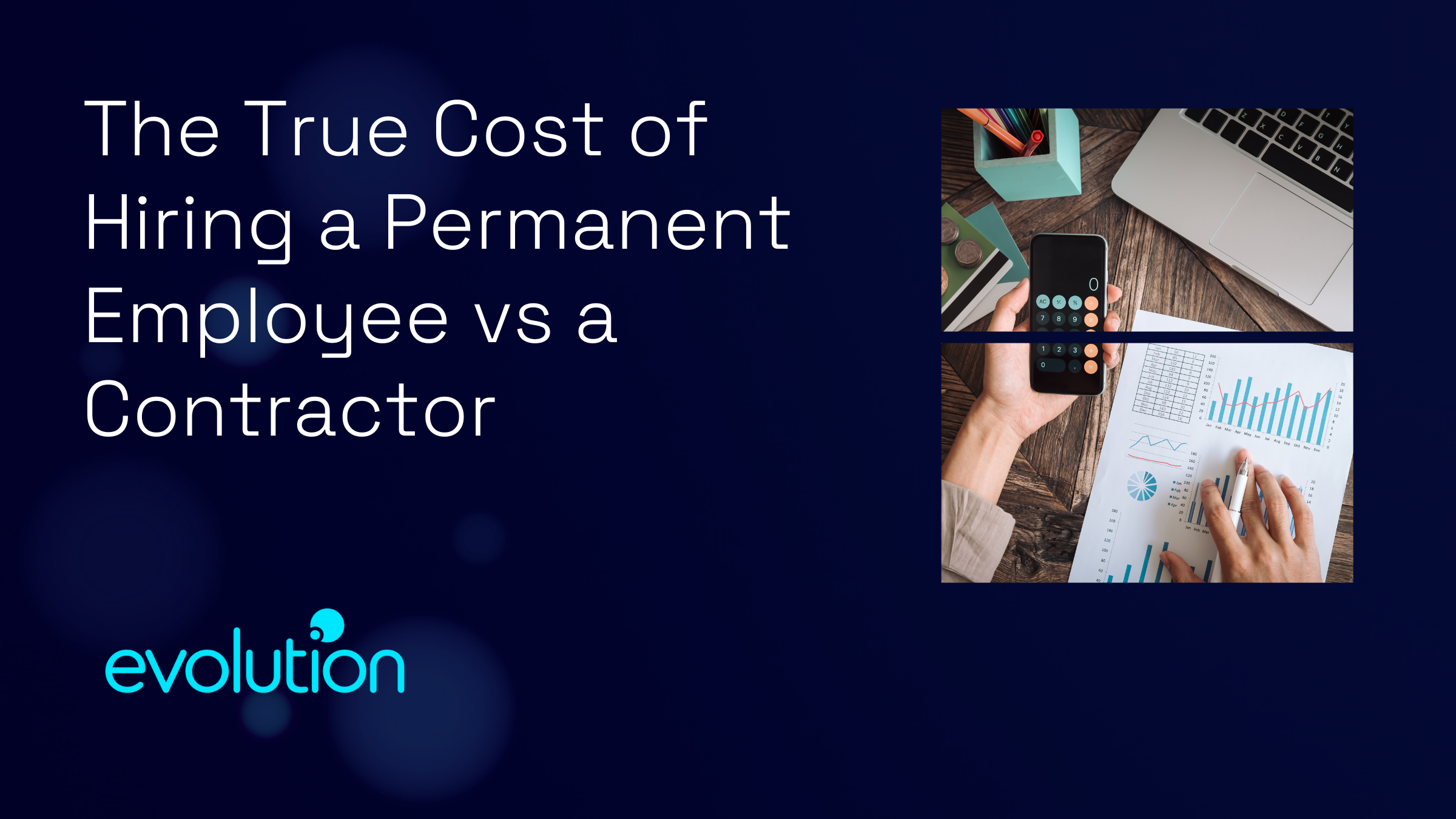Differences Between a Full-Time Employee and a Contractor
While the definitions may vary from country to country, there are a few elements that are generally common. It is important to note that there will be various employment and contractor rights applicable depending on where your company is based.
Full-time employees are those who are on a permanent contract where they work for a minimum amount of hours per week (typically around 38 hours). They are generally entitled to paid leave and a written notice or payment on termination. These employees are considered to be a permanent member of the staff and often receive benefits such as health insurance, retirement plans, and paid time off.
On the other hand, contractors are employed on an agreed short-term basis. The period of work can vary between days and months. Contracts vary depending on the agreed working arrangements between the contractor and employer but usually take the form of either a fixed-term (specific time only) or renewable contract (can be continued for a longer period if both parties agree). Because contractors are not considered permanent members of the staff, they typically do not receive the same benefits as full-time employees. This means that if their work is not satisfactory, you can terminate their contract without a notice period (provided you have a contract for services in place that allows for this).
Additional Expenses for Permanent Employees
A contractor’s hourly rate will generally be higher than that of a full-time employee for a number of reasons, but primarily to supplement the lost benefits that an employed worker is entitled to. While the hourly rate for a permanent employee may be lower than that of a contractor, employers must also consider the additional costs associated with hiring a permanent staff member. These include:
-
- Pension
-
- Training
-
- Paid time off
-
- Other optional benefits such as Private Health Care or Gym Membership
-
- Sick pay
-
- National Insurance, Employers Liability Insurance
-
- PAYE systems
One of the pros of hiring a contractor is they should have their own equipment / tools as a self-employed contractor. In contrast, permanent employees may require additional equipment such as:
-
- Laptop
-
- Company phone
-
- Company car
-
- Equipment for remote work
These added expenses can add up and should be taken into consideration when making a hiring decision.
Pros and Cons of Hiring a Full-Time Employee
The pros of a full-time employee are:
-
- More control over their work schedule and how they complete tasks
-
- Permanent employees are fully dedicated to your business, while contractors may not be available for future projects
-
- Training and moulding permanent employees to align with your business standards is possible, while contractors may have their own methods
-
- Despite the commitment, there are different types of employment contracts such as part-time or fixed-term that may better suit your needs
However, the are some cons:
-
- Permanent employees come with a range of employment rights and entitlements, such as holiday allowance, minimum wage requirements, sick pay and redundancy pay, that contractors do not have
-
- It may come at a higher overall cost than a contractor
-
- It is a long-term commitment, requiring a consistent salary and adherence to dismissal laws and procedures. It requires careful financial planning and consideration of the potential impact on the company’s bottom line
Pros and Cons of Hiring a Contractor
The pros of hiring a contractor are:
-
- Contractors are usually an expert at what they do, providing specialised skills and knowledge for specific projects or tasks.
-
- You have the flexibility to hire for a specific time period and the ability to terminate the contract easily if you’re not satisfied with their work
-
- It’s generally cheaper as contractors are responsible for their own taxes and National Insurance contributions
-
- Contractors are responsible for their own equipment
-
- Fewer employment rights to worry about. The main responsibilities are providing a safe working environment and not discriminating against the contractor.
So what are the downsides?
-
- Contractors may not prioritise your project as they typically work for multiple companies
-
- Higher hourly rates to cover the risks associated with not having a full-time job
-
- Less control over the work. Contractors can choose how, where and when the work gets done as long as they meet their deadlines
-
- Contractors may delegate work to other subcontractors, potentially resulting in a lack of consistency in the quality of work
-
- Contractors may not be available for future assignments, resulting in a lack of continuity in the work
-
- Limited face-time with contractors may make it harder to develop a strong working relationship
Consider Your Business Needs
It is generally thought that contractors are a more cost-effective and straightforward option, however, it ultimately depends on the nature of your business, so do not feel compelled to replicate what others are doing.
When making the decision between hiring a full-time employee or a contractor, it is important to consider the specific needs of your company. Full-time employees may be better suited for long-term projects and positions that require a high level of commitment and continuity. Contractors may be better suited for short-term projects or positions that require specific skills that are not available within the company. If your business is taking on longer-term projects, the costs of a contractor will quickly add up.
Can’t decide? There are many factors to consider in making this decision. Let our team of experts, including consultants and talent managers, assist you in making the best decision. They’ll provide you with helpful advice and support every step of the way!































